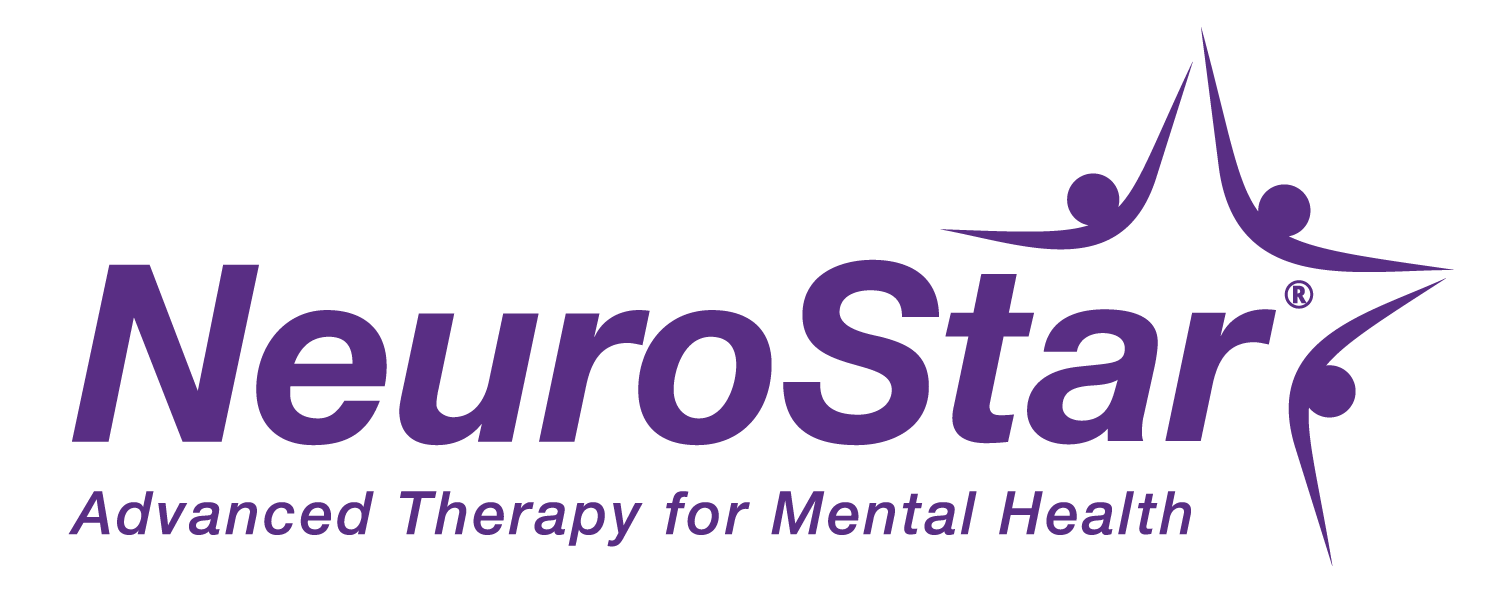
TMS Therapy

Better Mind. Better Health. Better Life.
NeuroStar TMS Therapy
At Stillwater Health, we are proud to partner with NeuroStar, the industry leader in TMS therapy. This revolutionary treatment is covered by all major insurance carriers and offers a safe and effective alternative to oral medications. With NeuroStar TMS therapy, you can continue your usual regimen of medication, as it can be used in conjunction with other treatments prescribed by your physician or mental health professional. This makes it an attractive option for those who have not found relief through traditional medication or therapy.
What is NeuroStar TMS?
NeuroStar TMS is a non-invasive procedure that uses magnetic fields to stimulate nerve cells in the brain. During a TMS session, a device is placed on the scalp, which delivers magnetic pulses to the brain. These pulses create small electrical currents that stimulate the nerve cells in the targeted area of the brain.
TMS works by stimulating specific regions of the brain that are associated with mental health conditions. By increasing activity in these regions, TMS can improve symptoms.

Treatment with NeuroStar Advanced Therapy is Easy:
Therapy sessions are conducted in your NeuroStar doctor's office.
You can return to normal activities right away.
You are awake during treatment.
There are no negative effects on alertness.

NeuroStar TMS Therapy Is FDA Cleared For The Following Conditions:


Depression Therapy
Depression Therapy
NeuroStar® Advanced Therapy is an FDA-cleared, non-invasive, and non-drug treatment for Major Depressive Disorder (MDD), utilizing transcranial magnetic stimulation (TMS) to stimulate specific brain regions associated with mood regulation. Initially approved for adults with treatment-resistant depression, NeuroStar has expanded its indications to include adolescents aged 15 to 21 as an adjunctive therapy, marking it as the first TMS device authorized for this younger demographic.
This therapy offers a promising alternative for individuals seeking options beyond traditional medications, providing durable relief with minimal side effects.


OCD
OCD
NeuroStar® Advanced Therapy is an FDA-cleared, non-invasive treatment option for adults with Obsessive-Compulsive Disorder (OCD) who have not achieved satisfactory improvement with traditional therapies. Utilizing transcranial magnetic stimulation (TMS), NeuroStar delivers targeted magnetic pulses to specific areas of the brain involved in OCD, aiming to modulate neural activity and alleviate symptoms. This therapy is administered as an adjunct to existing treatments, offering a non-drug alternative for patients seeking additional relief. The FDA clearance for this indication underscores NeuroStar’s commitment to expanding therapeutic options for mental health conditions. Patients considering NeuroStar for OCD should consult with their healthcare provider to determine its suitability within their comprehensive treatment plan.
Frequently Asked Questions
What is Transcranial Magnetic Stimulation?
Transcranial magnetic stimulation, often referred to as TMS is a noninvasive procedure that uses magnetic fields to stimulate nerve cells in the brain to improve symptoms of depression. TMS is typically used when antidepressant medications haven’t been effective, have ceased working, or as an alternative to medication.
Does NeuroStar work?
Yes! It has an 83% response rate and 62% remission rate for major depression.
Does NeuroStar hurt?
No. When administered correctly, there may be initial sensitivity to the scalp or mild headache only while treatment is being delivered, but has no lasting side effects and sensitivity decreases over time.
How long is TMS treatment?
A typical initial course of treatment is about 19-37 minutes daily over 7 weeks.
Is TMS covered by my insurance?
A vast majority of commercial and Medicare plans have recognized the effectiveness of treating depression with TMS Therapy and now cover TMS as part of their plans.
Is TMS Therapy a good alternative for patients who cannot tolerate the side effects of antidepressant medications?
TMS does not circulate in the blood throughout the body, so it does not have side effects like weight gain, sexual dysfunction, nausea, dry mouth, sedation, etc. The most common side effects reported during clinical trials were headache and scalp discomfort —generally mild to moderate—occurring less frequently after the first week of treatment.
Is TMS Therapy like other alternative therapies that use magnets to treat some illnesses?
No. TMS Therapy involves a unique method of using pulsed magnetic fields for a therapeutic benefit. The intensity of the magnetic field is similar to that of an MRI. These techniques differ radically from the popular use of low intensity, static magnetic fields. Those products deliver weak and undirected static fields that are not capable of activating brain cells. The activation and stimulation of brain cells is a key part of why TMS is so effective.
